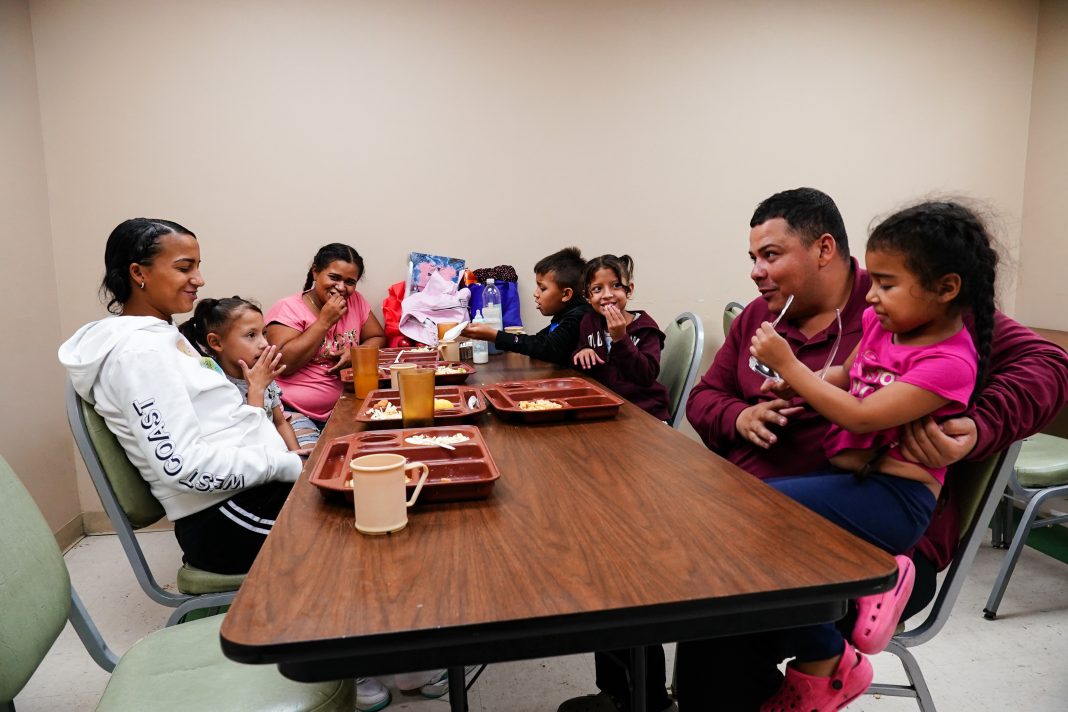|
Only have a minute? Listen instead
Getting your Trinity Audio player ready...
|
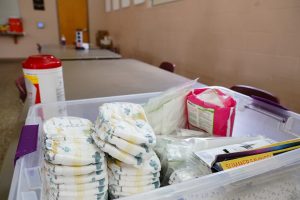
HARLINGEN — Shelters here are housing groups of migrants as they make their way north to pursue asylum cases.
In Harlingen, Loaves and Fishes is working with Immaculate Heart of Mary Catholic Church and McAllen-based Catholic Charities of the Rio Grande Valley to shelter migrants about a week after the federal government’s lifting of a 2020 policy allowing border agents to expel asylum seekers and other migrants amid the coronavirus pandemic.
For weeks, officials along the U.S.-Mexico border were bracing for a surge of migrants.
“We didn’t get the surge,” Victor Rivera, Loaves and Fishes executive director, said during an interview. “There’s no surge in Harlingen.”
On May 11, McAllen’s Catholic Charities bused 71 migrants, most from Venezuela, to Loaves and Fishes, which housed 12 asylum seekers while the rest stayed at Immaculate Heart of Mary Church, he said.
By May 16, a Venezuelan woman and her three young children remained with the agency, Rivera said.
“It’s sporadic,” he said, referring to migrants’ arrivals there.
Parish hall shelter
So far, organizers of McAllen’s Catholic Charities have been busing about 50 migrants a day here, most being sheltered at Immaculate Heart of Mary Church, the Rev. Robert Charleston said.
The Rev. Daniel Flores, bishop of the Catholic Diocese of Brownsville, requested the church’s help, he said.
“It’s an act of charity,” Charleston said. “People are in need. We do what we need to do to help people in need.”
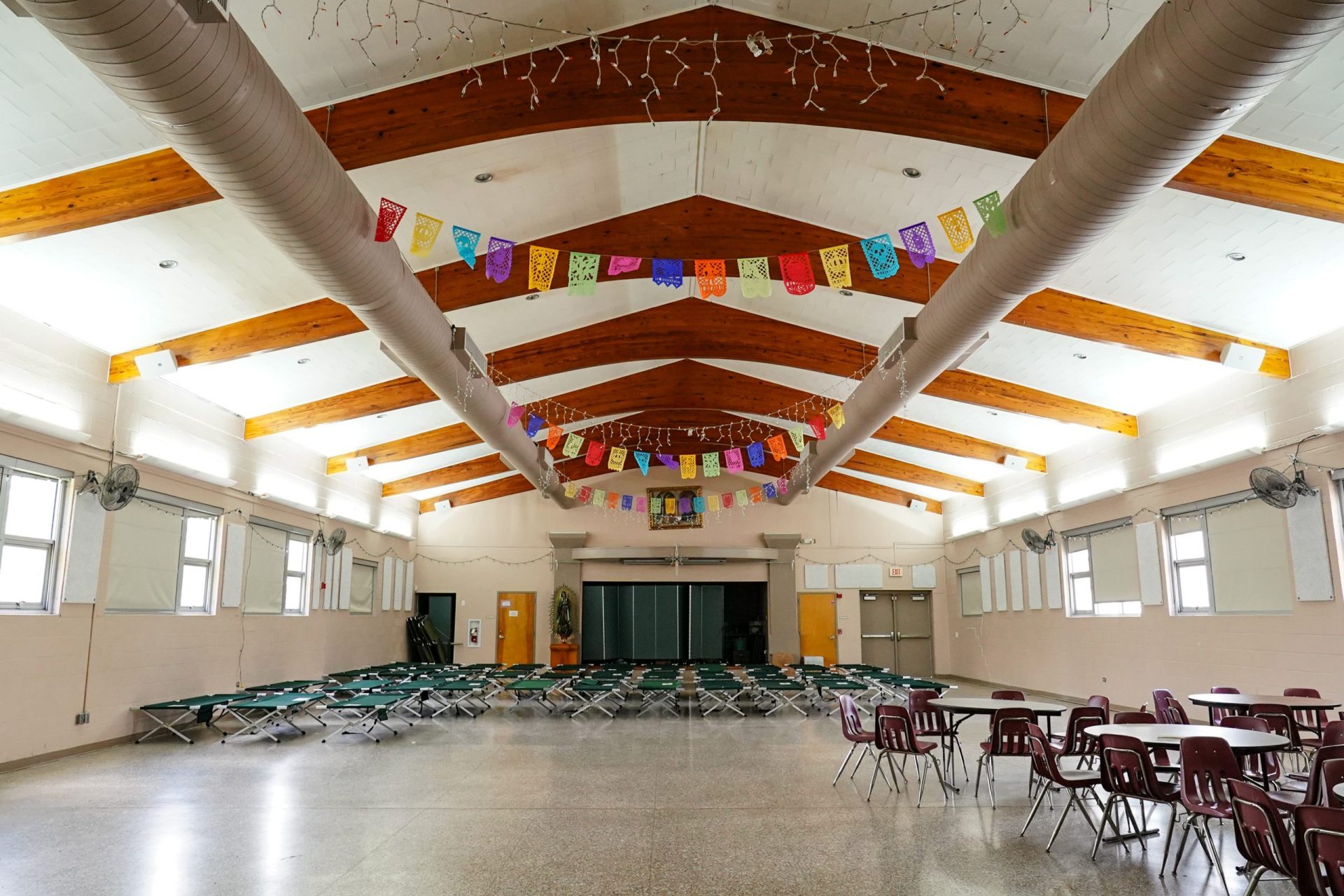
Since last week, the church has been sheltering about 50 migrants a day in its parish hall, he said.
From McAllen, Catholic Charities has been busing migrants to Harlingen, with groups arriving at the church at about 4 p.m. before leaving at 9 a.m. the next day to McAllen to embark on their journeys north, Charleston said.
To help the migrants, families and friends are funding their travels into the United States.
“These people have travel arrangements,” Charleston said.
Weeks of warnings
After the coronavirus pandemic broke out in March 2020, the federal government’s Title 42 became a de facto tool in immigration enforcement, allowing border agents to expel asylum seekers and other migrants under the policy aimed at curbing the spread of the virus.
On May 11, the policy expired.
Last week, many governments, including the state government, proclaimed states of disaster following weeks of warnings of a surge of migrants crossing the border.
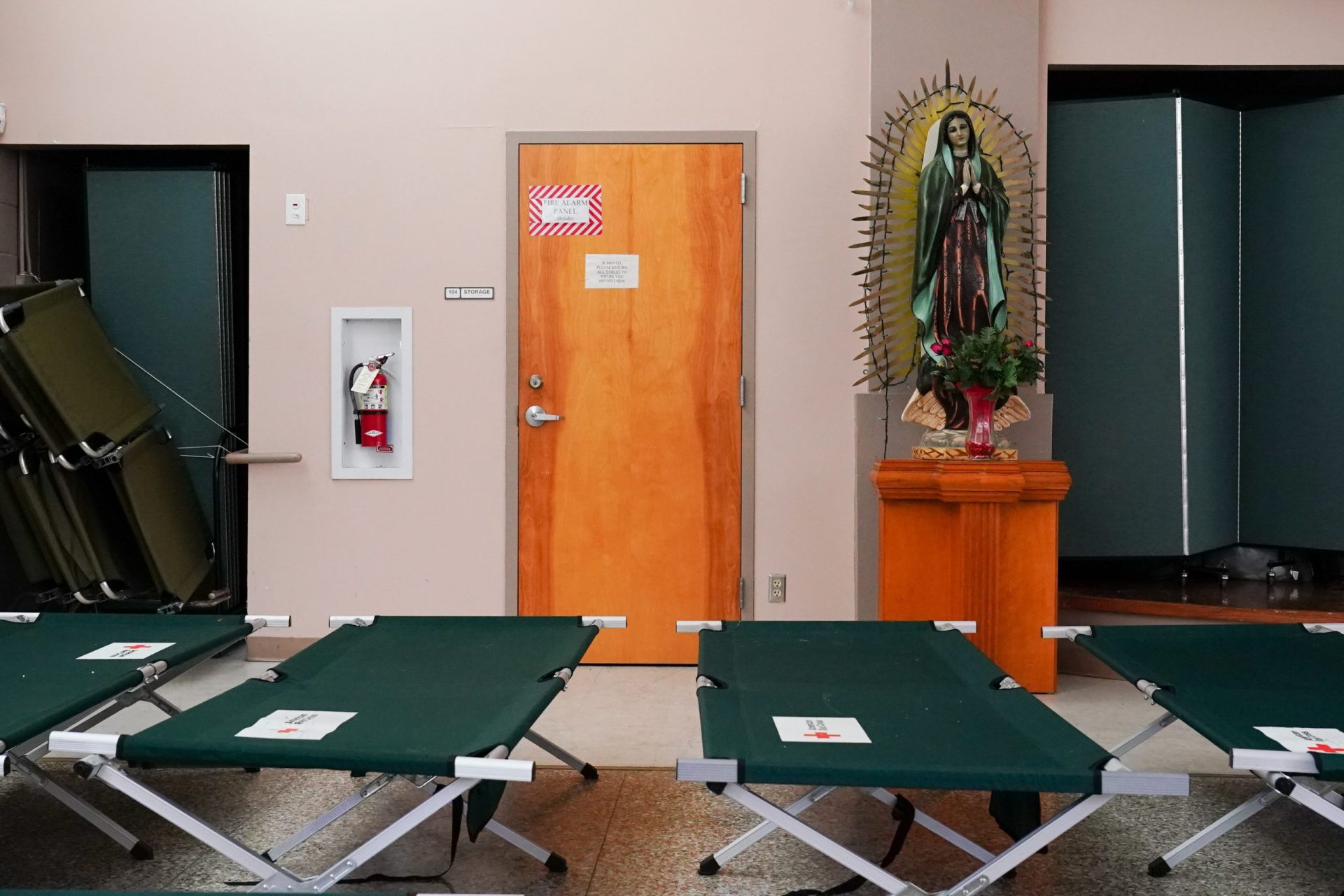
“It is much less than anticipated,” Melissa Elizardi, spokeswoman for Cameron County Judge Eddie Trevino Jr.’s office, said, referring to the warnings. “The numbers are not there.”
Along the border, officials were opening asylum cases.
“It’s really controlled,” Elizardi said.
States of disaster
On May 11, San Benito Mayor Rick Guerra proclaimed a seven-day state of disaster as the federal government lifted its policy.
On the same day, Cameron and Hidalgo Counties also called states of disaster stemming from concerns of migrant surges.
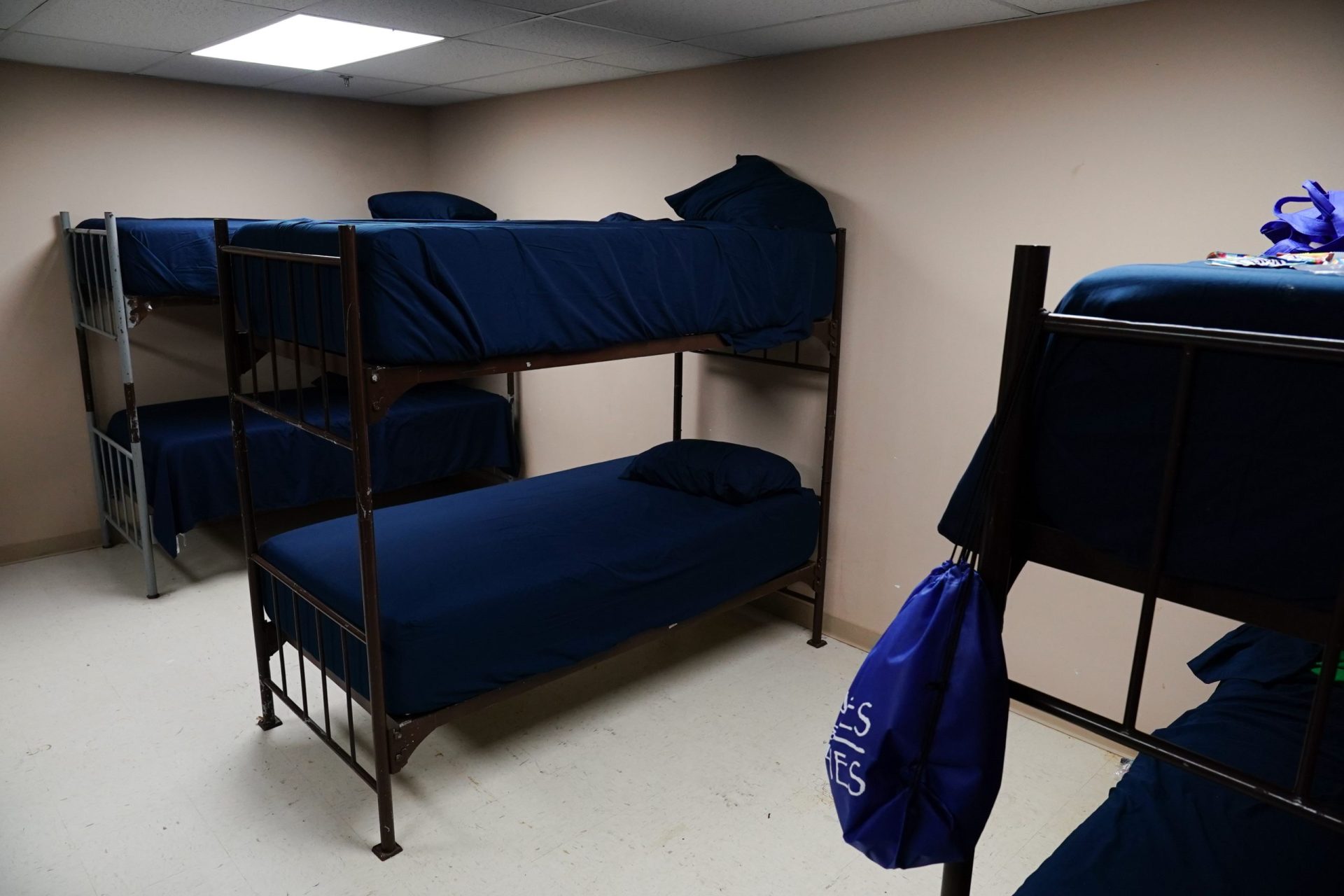
During a May 16 meeting, San Benito city commissioners were expected to consider extending the order.
“It’s the unknown,” Guerra said, referring to warnings leading him to call a state of disaster. “I’m sensitive to the people. But our first priority is our city. We need to protect our citizens — our city. You have to get fire and police — there’s overtime. You don’t know where they’re going to be dropped off. Those people aren’t going to be walking all over the city. Are they sick? Are they carrying sickness? There’s a lot of devastation to the environment — they leave a lot of clothes, trash. We didn’t know what was going to happen.”
In Harlingen, officials didn’t call a state of disaster, City Manager Gabriel Gonzalez stated.
“We didn’t have any damage in Harlingen to declare a disaster,” he stated.

